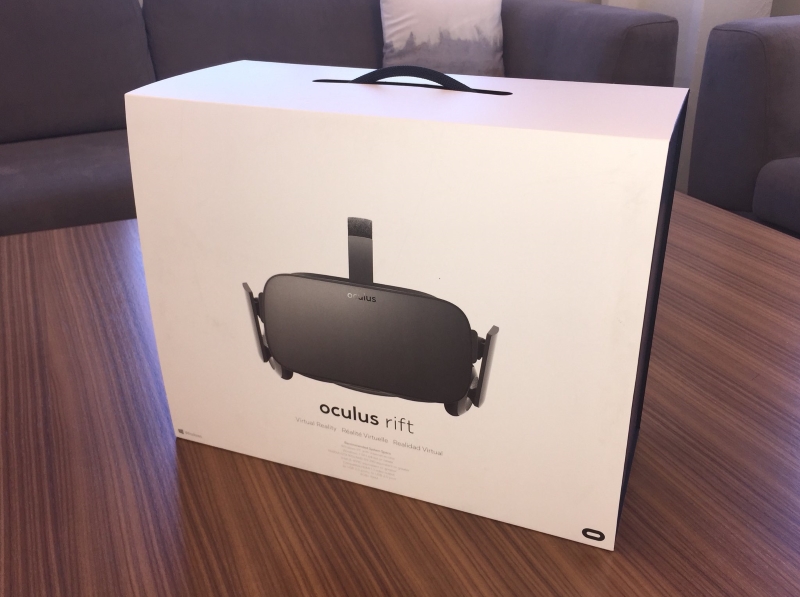Oculus Rift found guilty of copyright infringement, fined $500 million
2 min. read
Published on
Read our disclosure page to find out how can you help MSPoweruser sustain the editorial team Read more

The Oculus Rift is arguably the start of the VR revolution currently working to reach the mainstream, but a jury decided today that the company’s success was in part dependent on the work of ZeniMax, who owns ID Software.
The lawsuit, launched in 2014 after Oculus’s $2 billion purchase by Facebook, accused Oculus of stealing ZeniMax’s trade secrets to create the early versions of the Oculus Rift, after the company poached John Carmack, co-founder of id Software, owned by Bethesda Softwork, which itself is owned by ZeniMax.
ZeniMax claimed Palmer Lucky could not have created the Oculus Rift without Carmack’s help, saying he created a barely functioning prototype that Carmack greatly refined.
The court found Oculus violated ZeniMax’s non-disclosure agreement, copyright and engaged in false designation by confusing the public into believing that ZeniMax products were actually from Oculus. It did however not agree with the main allegation of violating their trade secrets, with the final award of $500 million a fraction of the $4 billion they demanded.
Oculus claims ZeniMax was simply trying to profit from Oculus’s success, and are likely to appeal the verdict.
In a statement they note:
“The heart of this case was about whether Oculus stole ZeniMax’s trade secrets, and the jury found decisively in our favour,” an Oculus spokesperson told Polygon. “We’re obviously disappointed by a few other aspects of today’s verdict, but we are undeterred. Oculus products are built with Oculus technology. Our commitment to the long-term success of VR remains the same, and the entire team will continue the work they’ve done since day one – developing VR technology that will transform the way people interact and communicate. “









User forum
0 messages